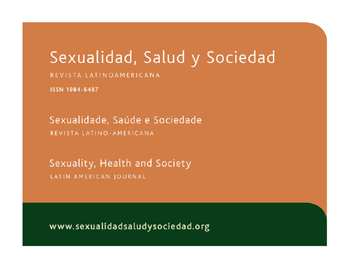This article analyzes the mobilization of organized Uruguayan black women, and the transformation of interweaved racial and gender inequalities into militant public demands. Their construction of a political subject relates to other processes among African diasporas in the Americas. The interviews and field observation come from doctoral research in Social Anthropology on black movements and the disputes over ethno-racial affirmative action policies in the Southern Cone (Brazil, Argentina and Uruguay). The theoretical perspective is informed by critical approaches to coloniality and intersectionality. We look at how different forms of oppression interweave and reinforce each other, and at how political action triggers the deconstruction of inequality. Along the research, the body emerged as the focus of black women's political struggle. Representations of the "colonial body" are at the core of the construction of black women as political subjects.
black women; Afro-Uruguay; intersectionality; colonial bodies; diaspora
